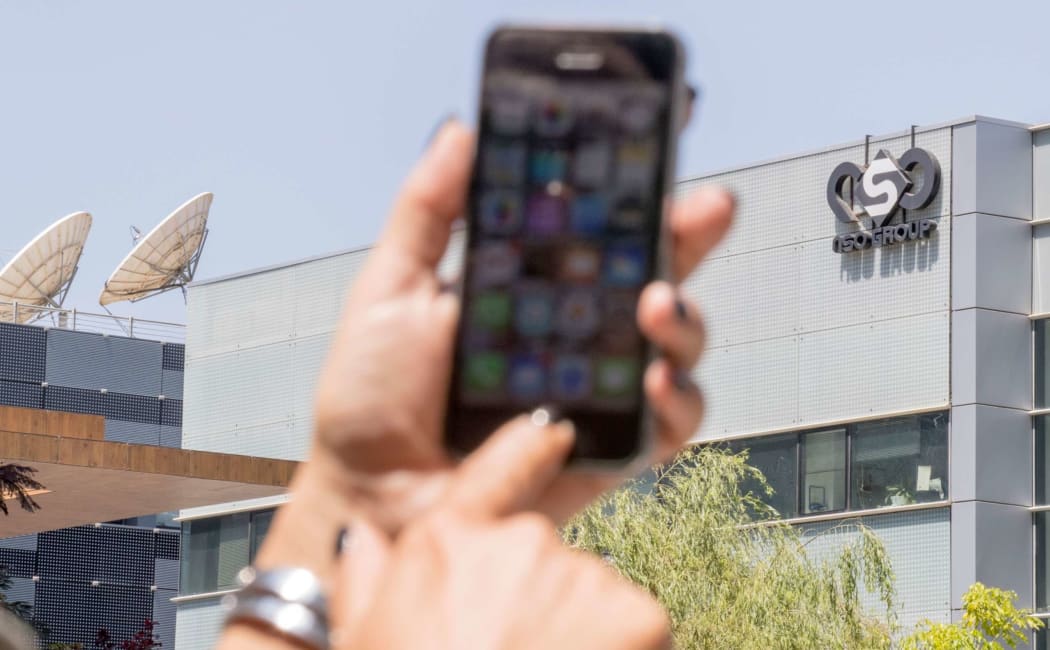U.S. Judge Stops Israeli Spyware Installation on WhatsApp | Major Privacy Victory

U.S. Judge Stops Israeli Spyware Installation on WhatsApp: A Landmark Privacy Ruling
In a groundbreaking decision that reinforces digital privacy and cybersecurity, a U.S. federal judge has officially blocked the installation of Israeli spyware on WhatsApp. This ruling comes as a major win for millions of users relying on the encrypted messaging platform for secure communication worldwide.
Judge Issues Injunction Against NSO Group
On Friday, U.S. District Judge Phyllis Hamilton issued a firm injunction against the NSO Group, the Israeli cybersecurity company known for developing sophisticated spyware tools. The ruling prevents the company from targeting WhatsApp users or infiltrating the messaging app in the future. This legal step follows a long-standing lawsuit filed in 2019 by Meta, the parent company of WhatsApp, accusing NSO of illegal surveillance.
Although the court reduced the earlier awarded damages from $168 million to $4 million, it upheld the injunction as a way to stop further digital breaches.
“Irreparable Harm” to WhatsApp Users
According to court documents reviewed by AFP, Judge Hamilton concluded that NSO Group’s actions posed an ongoing threat, stating that the company’s conduct “causes irreparable harm.” Since there was no evidence that these attacks would cease, she granted the injunction to ensure protection of WhatsApp’s global user base.
Will Cathcart, the CEO of WhatsApp, expressed relief and optimism after the decision:
“Today’s ruling prevents NSO Group, the maker of spyware, from targeting WhatsApp and our users around the world ever again. We welcome this decision, which comes after years of fighting to hold the company accountable for targeting members of civil society.”
How NSO Group Operated
During the trial, evidence showed that NSO Group reverse-engineered WhatsApp’s source code to install spyware secretly on users’ devices. Their spyware was specifically designed to bypass security patches and avoid detection, effectively giving attackers complete control over targeted smartphones.
The lawsuit, filed in California, revealed that nearly 1,400 individuals, including journalists, lawyers, activists, and human rights defenders, were targeted using this malicious software. By exploiting vulnerabilities, NSO’s software allowed unauthorized access to encrypted messages once decrypted during transmission, posing a massive risk to digital privacy worldwide.
Understanding Pegasus Spyware
Founded in 2010 by Shalev Hulio and Omri Lavie, NSO Group gained global attention for its flagship surveillance tool — Pegasus. This spyware has the capability to:
- Activate a target’s phone camera and microphone.
- Track location and access personal data stored on the device.
- Read encrypted messages after decryption.
- Operate silently without the user’s knowledge.
Pegasus has been criticized worldwide for being used by some governments to spy on dissidents, journalists, and activists, often without legal oversight. This ruling may set a strong legal precedent against such unlawful surveillance.
Court’s Reasoning for Reducing Damages
Although Meta initially won $168 million in damages, the court decided to lower the amount to $4 million. Judge Hamilton explained that while the spyware activity was harmful, it did not meet the legal standard of being “sufficiently egregious” to justify the original amount. She also noted that legal frameworks for smartphone surveillance are still developing and that future cases may lead to stricter penalties as global digital security norms evolve.
She added:
“There have not yet been enough cases involving illegal electronic surveillance in the smartphone era for the court to conclude that the defendants’ conduct was outrageous. Over time, a broader social consensus may emerge about the acceptability of such behavior.”
Spyware, Privacy, and Cybersecurity
The court highlighted that the spyware targeted individuals using WhatsApp’s encrypted messaging service, aiming to break into private conversations. Attackers created fake network traffic that appeared legitimate to deliver malicious code and compromise devices. Security researchers and digital rights organizations have long warned that tools like Pegasus can erode online privacy if not strictly regulated.
While NSO Group insists it only sells its spyware to governments for anti-terrorism and crime-fighting purposes, experts say its misuse is well documented in several countries with poor human rights records.
Why This Ruling Matters
This landmark decision is a major step forward in protecting digital privacy and setting new boundaries for surveillance technology. It not only restricts NSO Group from exploiting WhatsApp but also sends a strong message to companies attempting to use spyware against individuals and organizations.
As cyber threats grow globally, courts and governments are being urged to adopt stronger cybersecurity regulations. This case highlights the importance of balancing national security with personal privacy rights.
Conclusion
The U.S. court’s decision to block NSO Group marks a significant turning point in the battle between spyware developers and digital privacy defenders. It shows that powerful companies can be held accountable when they violate the privacy of global citizens. As technology evolves, so must the legal safeguards protecting individuals from cyber intrusion.
For millions of users worldwide, this ruling offers a renewed sense of trust in encrypted platforms like WhatsApp — a vital tool in a digital world increasingly threatened by surveillance.
